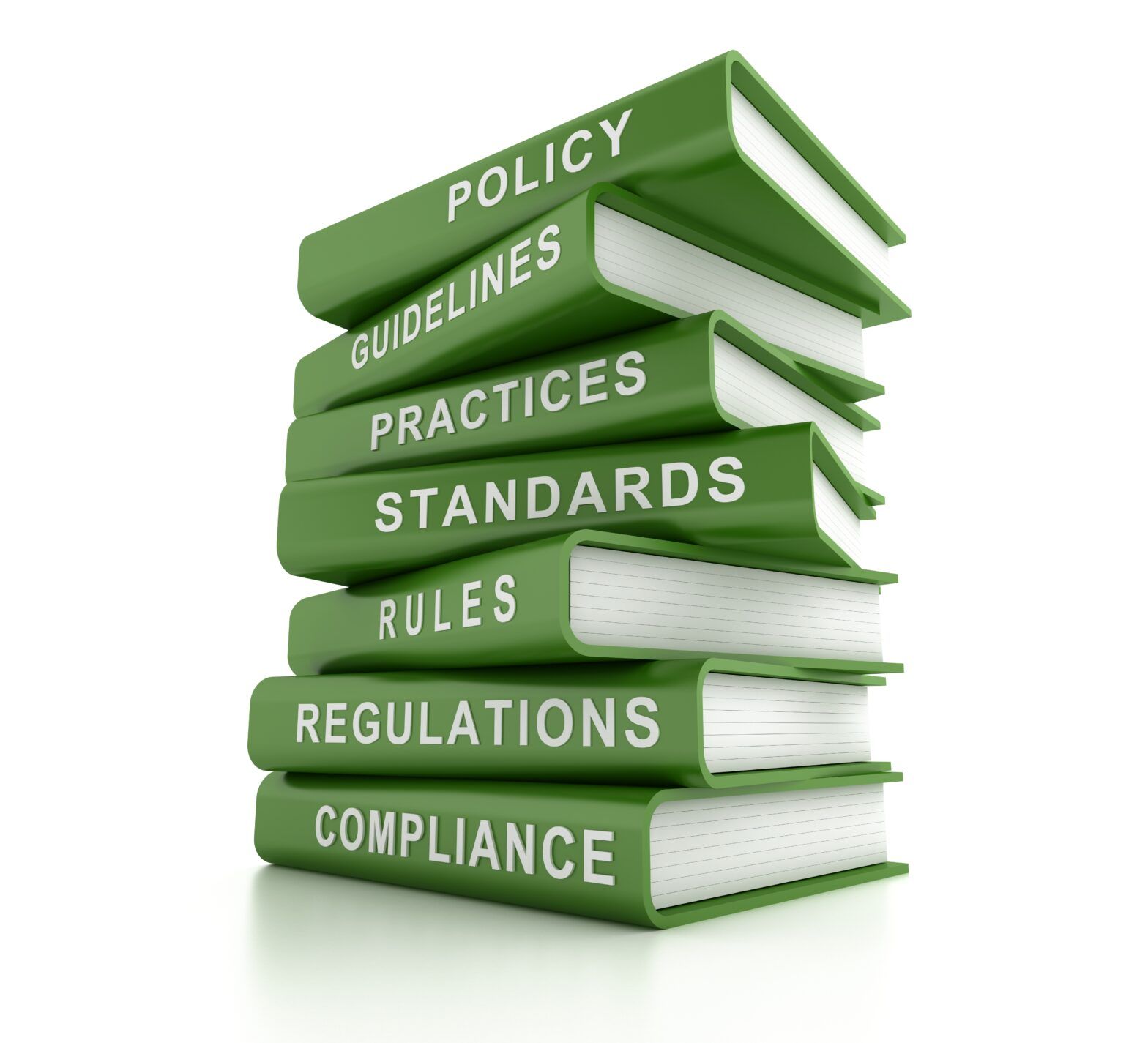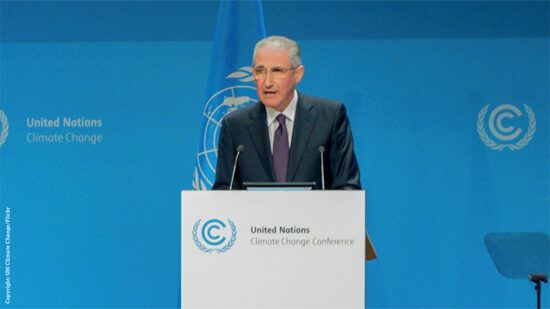The pace of developments in ESG regulation certainly is not letting up as we draw to the end of 2022.
Globally, regulatory efforts have been focusing in on managing climate-related financial risk and preventing greenwashing, according to ISS ESG, part of Institutional Shareholder Services. The group also said the agenda is now beginning to encompass nature-related risks and social issues.
In its report The Depth & Breadth of Sustainable Finance Regulatory Initiatives: Global Developments in 2022, ISS ESG used a regulation breadth and depth index to compare sustainable finance regulation across countries.
EU countries and the UK led in this index for both 2021 and 2022. France – scoring 96 and 108, respectively – ranked highest followed by Netherlands, Germany, Sweden, Austria and UK.
In 2021, Japan was the next country in the index with a score of 35. This year, despite climbing to a score of 40, it had been surpassed by Malaysia, Singapore and India. Australia and Thailand were some of the biggest climbers over the 12 months.
And, of course, 2022 is the year we have seen big moves forward with a genuinely global project for regulating sustainable finance – the International Sustainability Standards Board, or ISSB, which is in the process of drafting international rules on general sustainability-related disclosure requirements and climate-related disclosure requirements ready for implementation in 2023.
‘Dampened enthusiasm’ for SFDR?
In Europe, ISS ESG noted although investor disclosure requirements in the form of Sustainable Finance Disclosure Regulation (SFDR) now apply in the bloc, new corporate reporting requirements are not yet in force.
Following months of heated arguments in Europe over the labelling of gas and nuclear energy sources in the EU’s green taxonomy, the activities were voted to be green by the European Parliament in the summer. ISS ESG said this may have “dampened enthusiasm and support [of some] for the EU’s sustainable finance framework.”
UK makes strides
In terms of headline developments in the region, the UK regulator recently published a consultation paper on its investment label and Sustainability Disclosure Requirements regime. It will include three sustainable fund labels: sustainable focus, sustainable improvers and sustainable impact. The paper included details of proposed sustainability disclosure requirements for both products and firms.
Climate-related financial disclosures – which build on Taskforce on Climate-related Financial Disclosures (TCFD) requirements – have been mandated for FCA-regulated asset managers and asset owners in the UK. Large UK pension funds there are also now required to show how they align with limiting global warming to 1.5°C.
Mifid II
In August, changes to EU directive Markets in Financial Instruments Directive and Insurance Distribution Directive came into force effecting financial advice. Morningstar global director of sustainability research, manager research, Hortense Bioy, told ESG Clarity EU financial advisers would now need to consider clients’ sustainability preferences when conducting suitability assessments.
“If clients express interest in making sustainable investments, advisers will have to accommodate. Depending on the specific client’s preferences, advisers will have to source products that have a minimum proportion of sustainable investments as defined by the SFDR or the EU Taxonomy,” she said.
Bioy flagged issues around defining “sustainable investment” under EU rules and also the fact different asset managers are counting sustainable companies in portfolios in different ways.
Social taxonomy
An EU-wide social taxonomy for investments has been in the pipeline for a few years but progress on the project has now stalled. In a recent in interview with ESG Clarity, however, Sandrine Dixson- Declève, president of non-profit Club of Rome, said there was a lot of determination in the EU to pick this up again.
This view is echoed by GIB Asset Managment’s Neil Brown in a roundtable on human rights being hosted on ESG Clarity EU next week during COP27.
Bonds and biodiversity
There has been progress with green and sustainable bonds in Europe where regional products have been developed. And on the securitisation front, ISS ESG’s report pointed to the European Banking Authority’s move to recommend the scope of the EU Green Bond Standard Regulation be amended to also apply to securitisations.
Financial institutions in France must now disclose how they identify and manage biodiversity risk while in the Netherlands the Dutch Central Bank is developing scenarios to enable biodiversity loss to be taken into account in stress testing.








